Olympics 2024: Ranking the 10 greatest Olympians of all time
Can any 2024 athletes earn their place among the greats in Paris?
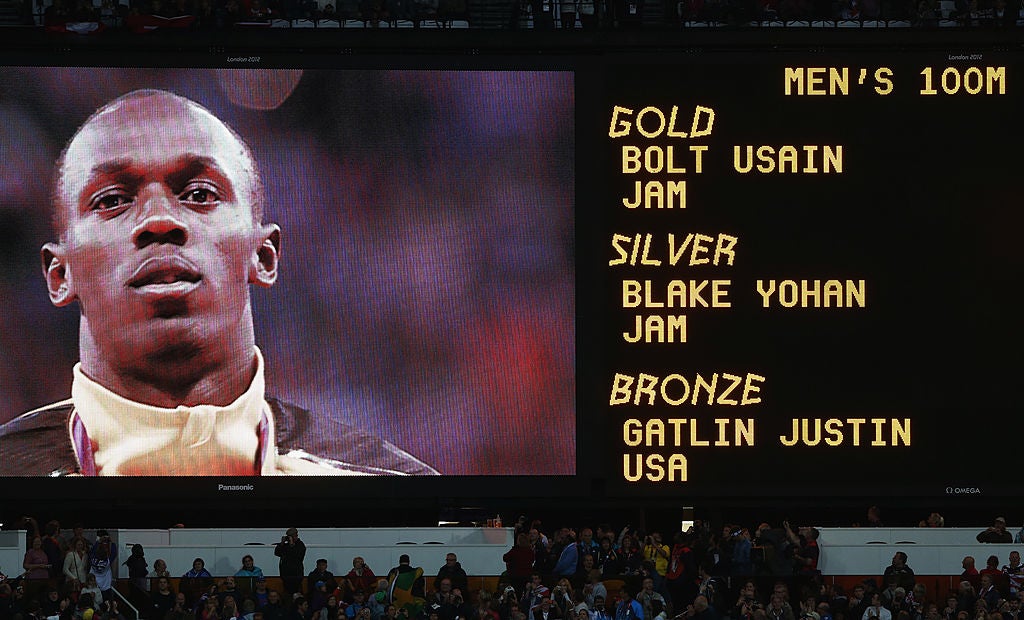
Support truly
independent journalism
Our mission is to deliver unbiased, fact-based reporting that holds power to account and exposes the truth.
Whether $5 or $50, every contribution counts.
Support us to deliver journalism without an agenda.

Louise Thomas
Editor
Ever since the first Summer Olympiad in Athens in 1896, the Olympics have captured the imagination of athletes and fans alike.
People have flocked to see the world’s premier athletes make history all over the world for over 120 years, and the Games have remained an ever-present in sport even through more than a century of unprecedented change.
And though the Olympics often make or break a career, the athletes within each edition are the people that define these Games, whether it’s with incredible medal hauls, pioneering a new age for their disciplines or even through non-sporting actions.
But who are the greatest Olympians? A supremely difficult question to address, given different influences, achievements and legacies, but when attempting to answer, we have to consider overall influence both inside and outside of their sport as well as medal hauls and performance.
Below, The Independent has ranked the top 10 Olympians of all time:
10. Jackie Joyner-Kersee
Joyner-Kersee is one of the most gifted all-round female athletes of all time, dominating the women’s heptathlon in 1988 and 1992. A further gold in the long jump in 1988, as well as silver in the 1984 heptathlon and two bronze medals (in the long jump in 1992 and 1996) cemented her status as a true all-round Olympic great.
9. Katie Ledecky
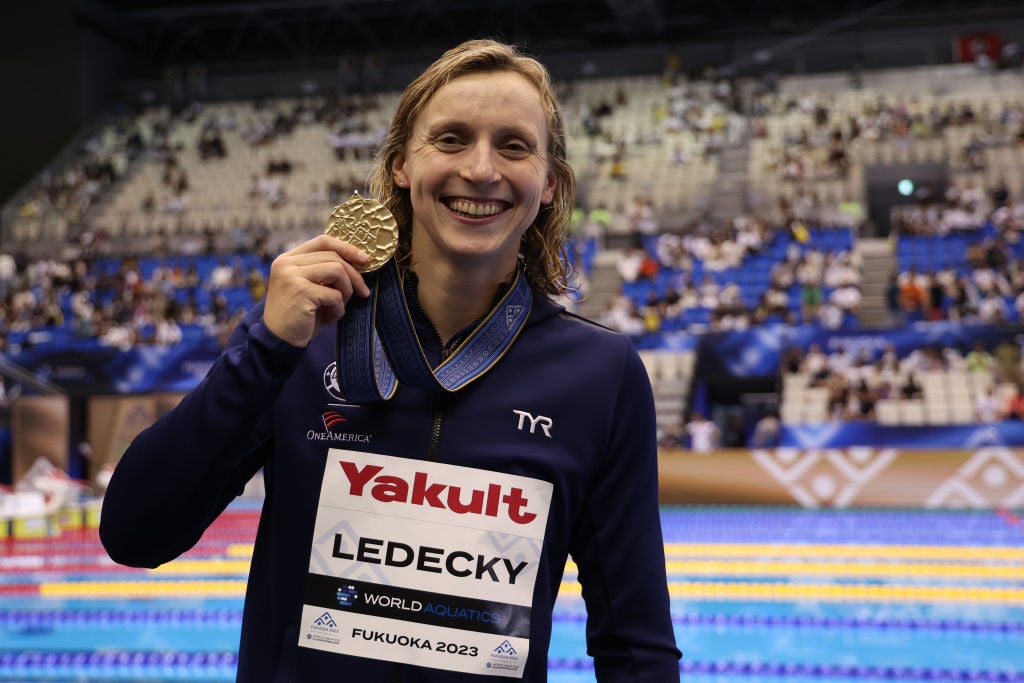
US swimmer Ledecky is already regarded as one of the greatest swimmers of all time, and at the age of just 27, she will have the chance to add to her seven Olympic gold medals in Paris. At Tokyo 2020, Ledecky became the most decorated US female athlete, after winning the 800m and 1500m freestyle events (which she will defend this year) and she’ll face Ariarne Titmus as she looks to win back her 400m freestyle title in the French capital.
8. Nadia Comaneci
By the end of her career, Simone Biles will almost certainly have taken the place of Comaneci on many lists such as this but the Romanian gymnast’s legacy as the first person to score a perfect 10 (for her uneven bars routine in Montreal in 1976), at the age of just 14, marks her out as an all-time Olympic great.
Comaneci’s five gold medals – three of which came in Montreal for the uneven bars, individual all-round and the balance beam – and a haul of three silvers and a bronze also confirm her place as a true gymnastics legend.
7. Paavo Nurmi
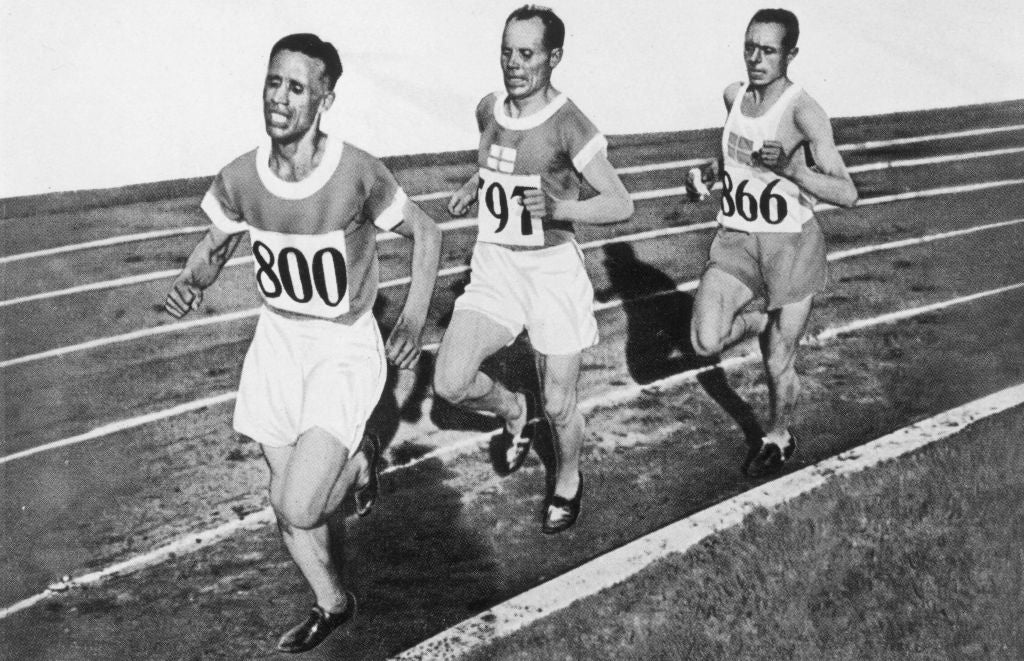
The Finnish long-distance runner was one of the earliest Olympic stars, winning three golds in his first Games in 1920 in the 10,000m, the cross-country individual and team event. But it was at the next edition that he really made his name, becoming the first athlete ever to win five gold medals at a single Games after taking home gold in the 1500m, the 5,000m, the 3,000m team event and the two cross-country events – the 1,500m and 5,000m finals were won just two hours apart.
A win in the 10,000m in 1928 took him to a total of nine gold medals and three silvers, putting him third in the list of multiple Olympic gold medal winners.
6. Mark Spitz
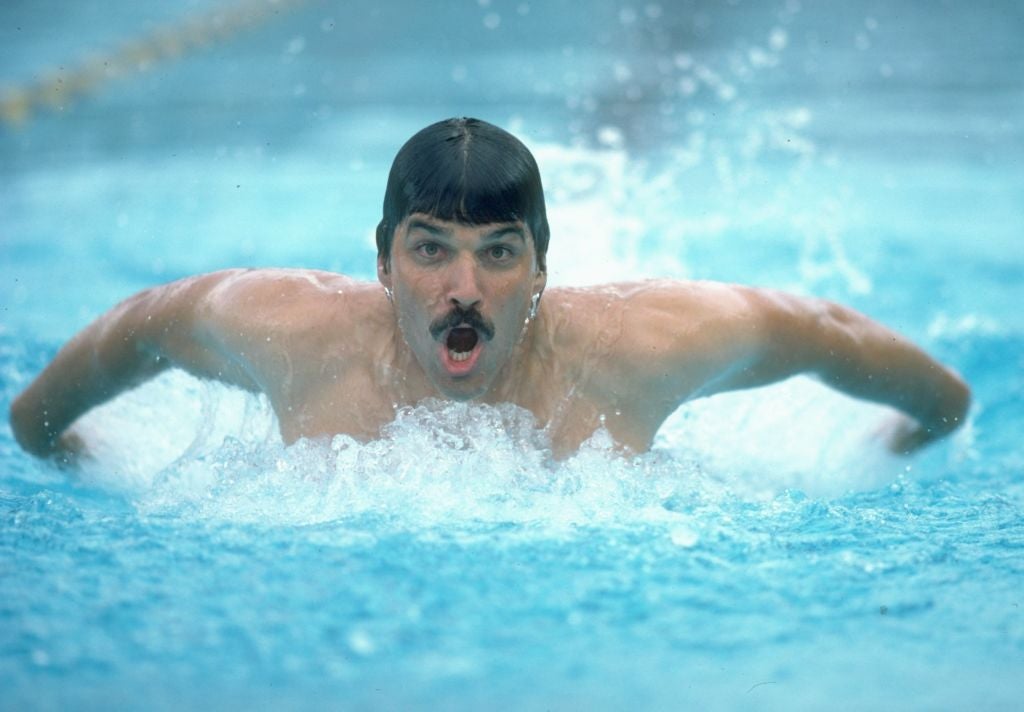
Before Michael Phelps came along, Spitz was America’s greatest swimmer. His Olympic career started with two gold medals in team events and a disappointing silver and bronze in the 100m butterfly and freestyle, but he more than made up for it at his next Games.
In Munich in 1972, Spitz won all seven events he was entered in, and all in world record times. His three relay golds went alongside first place in the 100m and 200m butterfly and freestyle events, capping off one of the most dominant performances in Olympic history. If not for his retirement at the age of just 22, Spitz would likely have been even higher up this list.
5. Larisa Latynina
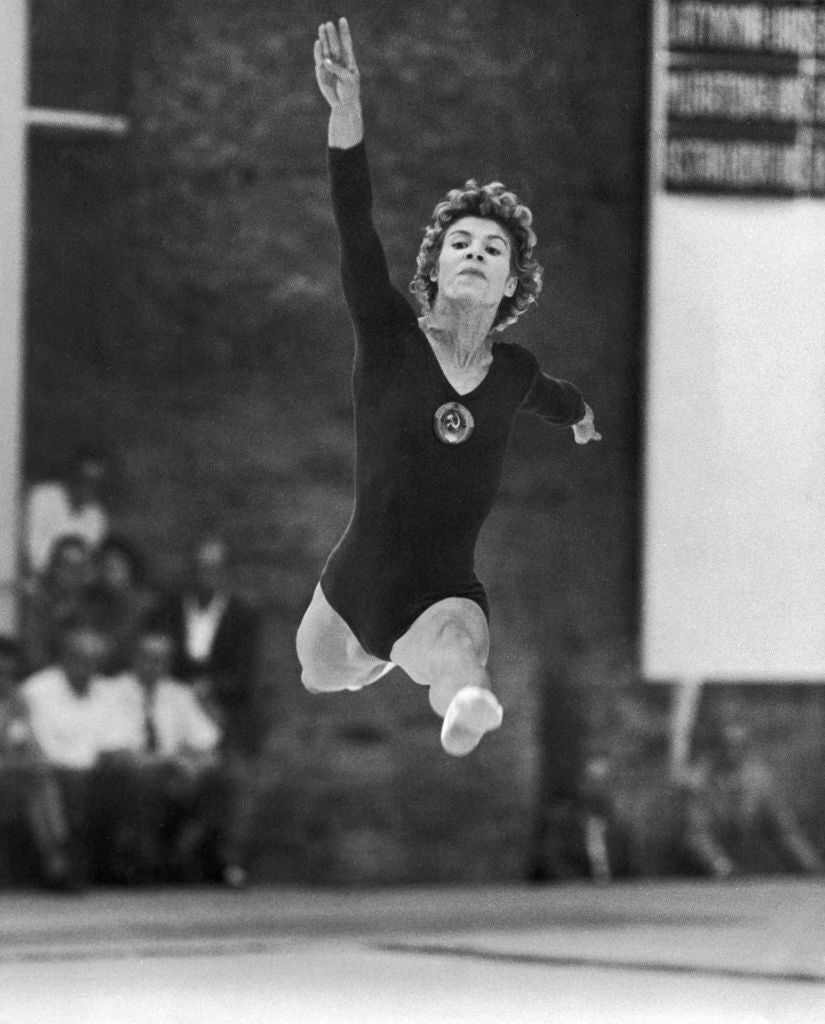
Latynina is the most successful Olympic gymnast of all time, and at one point was the most successful Olympian ever with nine gold medals, five silvers and four bronzes. Her medals were won across three Games from 1956 to 1964, and included three successive titles in the floor exercise.
Though Phelps later overtook Latynina as the most decorated Olympian ever, her skill, consistency and longevity put her high on any list of the greatest Olympians, and even Simone Biles may struggle to surpass her tally.
4. Carl Lewis
In the sprinting world, before Usain Bolt there was Carl Lewis. The American shot to fame by winning four golds in LA in 1984 – in the 100m, 200m, 4x100m relay and long jump – and then defended his 100m and long jump titles in Seoul in 1988.
By Barcelona in 1992, he could only manage to defend his long jump title and win another gold in the 4x100m relay but his long jump gold in Atlanta in 1996 cemented him as one of the finest track and field athletes of all time.
3. Usain Bolt
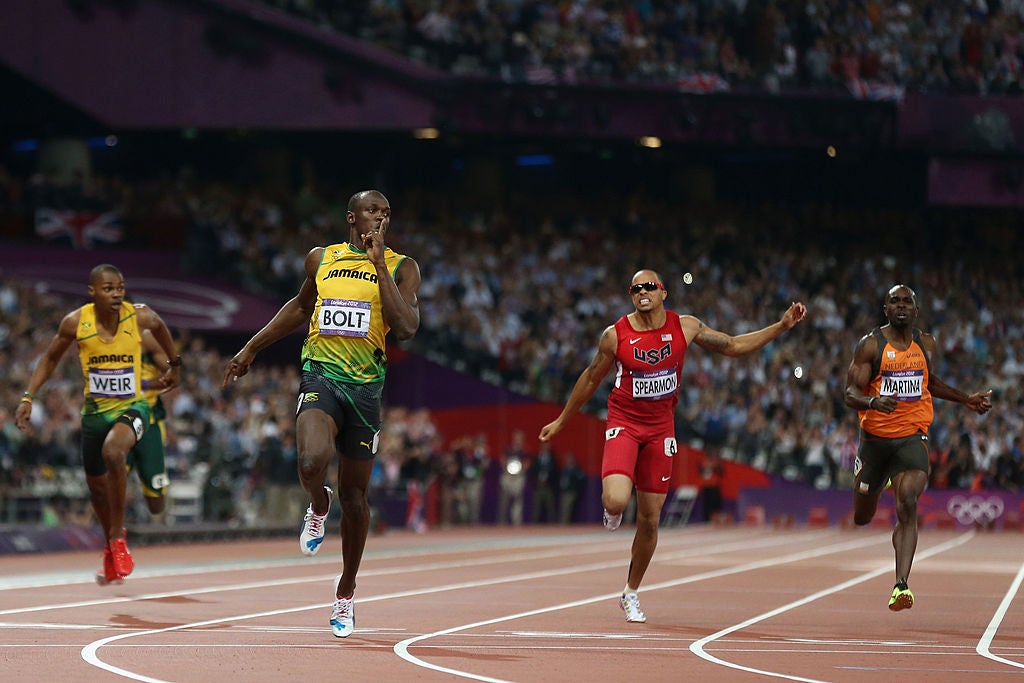
Sprinting had long been mired in controversy and lacking the superstars of yesteryear by the eve of Beijing 2008, but Usain Bolt changed all of that with a dominant performance in the 100m and 200m that propelled him to superstardom. He quickly became the face of the Olympics for a new generation, with his likeable personality a welcome addition to his consistently brilliant performances.
While Bolt set new world records in both races in 2008, he eventually beat them both in 2009 and arrived at London 2012 looking to do what Lewis couldn’t do – retain gold in both the 100m and 200m. He did it, before becoming the only sprinter in history to win three gold medals in both events when he won again in Rio in 2016.
His two 4x100m relay golds – which would have been three if not for the retrospective disqualification of teammate Nesta Carter for doping offences in 2008 – give him eight in total, making him one of the most successful Olympians of all time.
2. Jesse Owens
Perhaps the original Olympic superstar, Jesse Owens came to stand for much more than his sporting success, even if his four gold medals at the 1936 Games in Berlin were a momentous sporting achievement in themselves.
As a Black athlete, Owens travelled to Germany in the midst of persecution both at home and abroad, and duly won gold in the 100m, 200m, 4x100m relay and long jump at a Games that was intended to be used as a propaganda tool by the new Nazi government. These symbolic wins, as well as Owens’ legacy in the US, make him an undeniable Olympic great whose achievements transcended the sport and even the Games themselves.
1. Michael Phelps
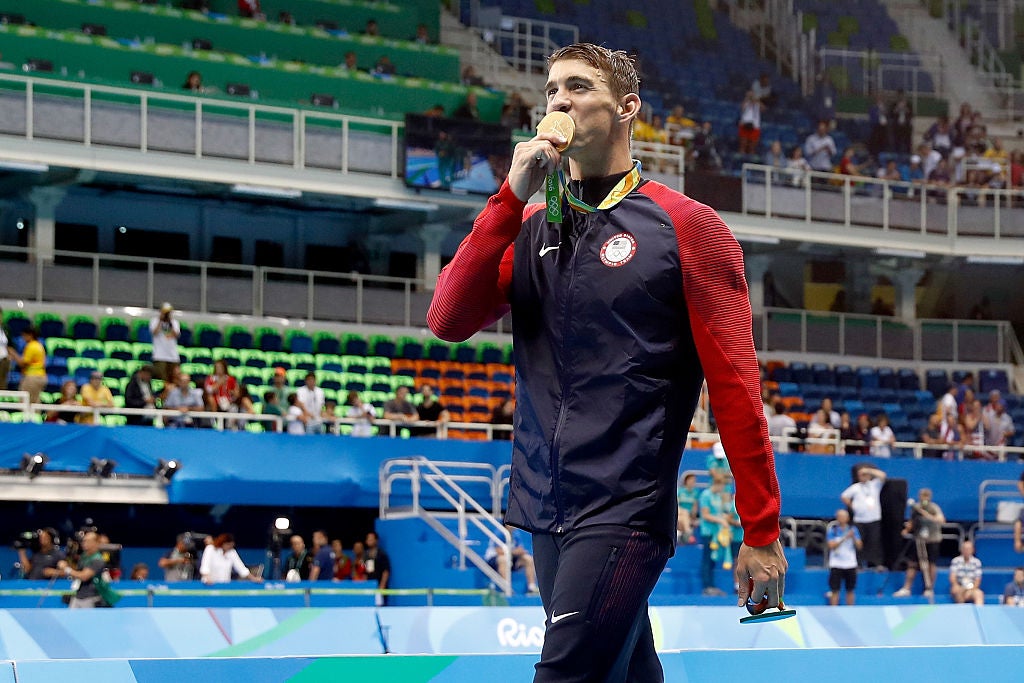
If the medal tallies were a little closer, there may be some debate around the greatest Olympian ever (in terms of performance at least). But Phelps’ tally of 28 Olympic swimming medals – 23 of which were gold – puts him miles clear at the top of the medal table as the most dominant athlete the Olympics has ever seen.
His eight gold medals in Beijing in 2008 – including seven world records and one Olympic record – are the most ever won at a single Games and his ability to win golds in Athens four years before and Rio de Janeiro eight years later is the perfect illustration of his raw talent and incredible longevity.
Subscribe to Independent Premium to bookmark this article
Want to bookmark your favourite articles and stories to read or reference later? Start your Independent Premium subscription today.
Join our commenting forum
Join thought-provoking conversations, follow other Independent readers and see their replies
Comments